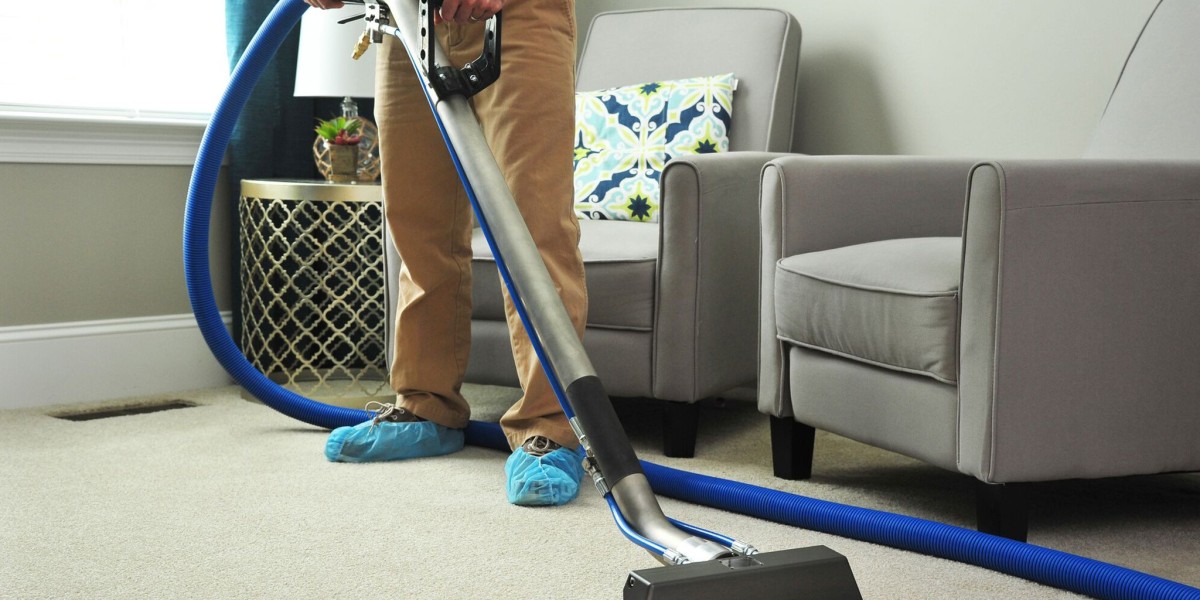
You're all set to renew your commercial lease.
Your proprietor hands you a lease contract with a stipulation that states:
" The Tenant consents to pay undisclosed amounts associated with residential or commercial property management upon demand of the Landlord."

Then the property manager tells you that if you do not renew with this brand-new lease, you'll have 60 days to vacate the facilities.
Would you sign it?
This is a real-life bad dream that really occurred to a Bracebridge service. A Triple Net Lease (TNL) is a lease where you have way more financial obligations than just lease costs. We are hearing of more service owners being on or offered a Triple Net Lease, and we believe they are a bad concept for little services. In this article, we'll break down what a Triple Net Lease is, what you need to keep an eye out for, and some suggestions if you're currently in one.
What is a Triple Net Lease?
A Triple Net Lease (NNN or TNL for brief) is a kind of business lease contract where the occupant (that's you) handles more monetary duties than simply paying lease. In this circumstance, you likewise need to cover three "nets," which are:
Insurance.
Residential or commercial property Tax.
Maintenance
If you're curious - there are Single and Double Net Leases, too. In a Single Net Lease (N lease), the tenant pays rent plus residential or commercial property taxes. In a Double Net Lease (NN lease), they pay lease, plus residential or commercial property taxes, plus insurance. Triple Net Leases are normally long-lasting dedications, typically lasting 10 to 15 years.
So you get that this sounds rather expensive. What else does this mean for you as a small company tenant?
Unfortunately, while the renter is paying these 3 nets, the property manager still keeps the power in the landlord-tenant relationship. And there are no regulations in any province in Canada that avoid the property owner from including whatever additional costs they want under those webs.
A Reality Example
Krista Mansour, owner of Footprints on Muskoka, a retail shop that offers comfortable and elegant home and lakeside garments, was in her Bracebridge, Ontario area for 5 years. Her very first arrangement was for a set lease amount plus utilities.
When it was time to restore, the property owner just used a Triple Net Lease contract. This would make Footprints on Muskoka accountable for lease, energies and typical expenditures for the building (split in between 6 organizations in the block). A few of these common expenditures would be
Building residential or commercial property tax.
Building insurance coverage.
Maintenance fees.
- HVAC & Plumbing Repairs.
Late charges on residential or commercial property taxes.
Medical insurance for residential or commercial property supervisor.
- Literally anything else
If Krista was reluctant to sign this lease, she would have 60 days discover to leave the residential or commercial property. In her case, this lease deal occurred in the middle of Footprints' peak summertime sales season.
Why do Triple Net Leases exist if they're so costly for small occupants?
Triple Net Leases didn't begin as something that little companies typically encountered.
TNLs began with large retailers, which had deep pockets and might dedicate resources to handling relationships with property managers and handling and expensing expenses. These tenants might access credit instruments and economists that could help them cover their expenses and reduce their own tax concerns.
But now, Canadian services are being offered TNLs more often. For property owners, a TNL is a really hands-off relationship that makes sense (for them) when the property manager is a financier. What that implies is that landlords (and financiers) normally aren't deeply devoted to developing dynamic regional Main Streets. They might be less ready to provide terms that promote long-term little service tenants using great services to local citizens.
Purchasing the social material of our neighborhoods through good jobs and neighborhood financial investments is hard to do when a business can't even project their costs. As Krista says "The thing that frightens me ... the investors have nothing to do with the community. People aren't mindful of what they're signing."
What does this mean for a small service owner?
For a small company whose capital is restricted - and whose owner might be personally responsible for business debt, it's a bad, bad offer. Running a small company is unpredictable, especially when a lease might hold surprise costs. Landlords need to take the truths of regional small companies into factor to consider, and deal lease prices and terms that show realistic (cash and functional) truths to small company renters.
When you're shopping around for a new location, be very alert when you see a Triple Net Lease being provided by the landlord. Read the regards to the lease agreement being provided thoroughly and don't sign to anything that appears like it creates too much unpredictability about costs, or puts you on the hook for things that you can't specify, you don't manage, or you do not wish to pay for.
What happened to Krista Mansour's shop in Muskoka?
For Krista, signing the new lease was too much of a gamble. They were forced to close and abandon the properties. Their 2 other areas remain open. This was hugely disruptive to their summertime sales, their staff, and their total year's financial photo.
Commercial Lease Negotiation Tips
It's not constantly a bad offer for you. As a small company owner, among the finest methods to empower yourself to protect a better lease situation is to know how other owners have actually done it. Craig Marentette, owner of BWA member Red Lantern Coffee Co. in Kingsville, ON, shares his experiences with two successful lease settlements:
" I have actually negotiated 2 leases at two various residential or commercial properties at this point in my small company journey. The first location I entered into the very first negotiations not understanding much of the distinctions between residential and commercial leases. I took advantage of a property owner remaining in the exact same position as myself. We rapidly accepted terms: me being accountable for month-to-month rent and utilities and him accountable for whatever else.
The proprietor tried to offer the building 1.5 years into my 3 year lease and rapidly recognized how bad of an offer it was on his end. Many potential buyers were turned off by my beneficial 3 year lease with alternative for 3 more years and no lease increases written into the lease.
I was ultimately purchased out of that lease by a purchaser of the structure. Timing was on my side with the second lease as it was the early months of COVID. A coffee shop in our town had closed at the start of COVID and had no strategies or reopening.
The negotiations for the 2nd area were helped by establishing my business in the area and proving to the new landlord that we were a practical company pre-COVID and throughout lockdowns. His space had actually been empty for 5 months and he was looking for a service that would contribute to the downtown core and thrive in differing world conditions.
We were able to negotiate favourable terms for both people. I was responsible for regular monthly lease, energies and anything inside the building envelope and him accountable for taxes, building insurance coverage and anything outside of the structure.
Overall, I have actually been fortunate with 2 affordable landlords and in my timing of my two lease negotiations to protect favorable leases medium term leases."
As entrepreneur, take benefit of windows of opportunities - like nearby business closures and economic recessions - to improve your negotiating position.
Do you have an industrial lease question or story you wish to share with our network?
We're continuously adding stories to our Commercial Rent Horror Stories page. If you 'd like to add your story, or know somebody that has been affected by a tough commercial lease situation, call us.







